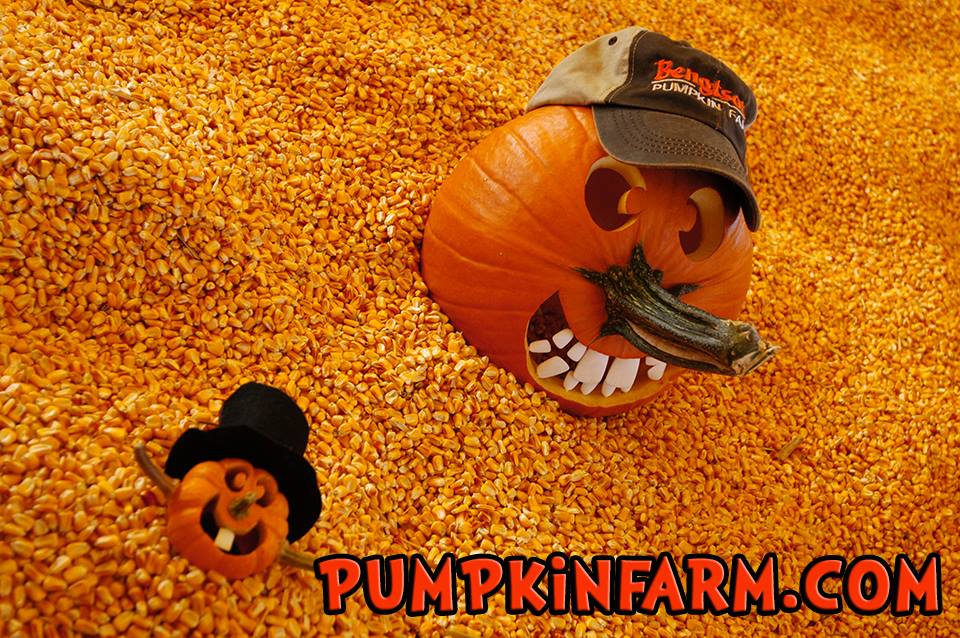Pumpkins are not only a delicious and versatile ingredient in many fall recipes, but they also offer some impressive health benefits. Pumpkin is a good source of fiber, which can help to regulate digestion and keep you feeling full. Pumpkin is also a good source of vitamins A and C, which are important for maintaining immunity and preventing cell damage. Additionally, pumpkin seeds are a good source of magnesium and zinc, which are essential nutrients for bone and heart health. So, not only can pumpkins make your meals more delicious this fall, but they can also help you to maintain your health and well-being.
How to include pumpkins in your diet.
Pumpkins are a great source of nutrition and can be easily incorporated into your diet. Here are some tips on how to do so:
-Pumpkins can be roasted, pureed, or made into a soup. All of these methods will allow you to easily add pumpkins to your diet.
-Pumpkins can be added to oatmeal or pancakes for a nutritious breakfast.
-Pumpkins can be used as a healthy and flavorful addition to a salad.
-Pumpkins can be added to pasta dishes or rice dishes for a filling and satisfying meal.
So there you have it! There are plenty of ways to include pumpkins in your diet. Pumpkins are a great source of nutrients and can help to make meals more flavorful and satisfying. So next time you are looking for a way to mix up your diet, consider adding some pumpkins!
Why is it good to eat pumpkins?
Pumpkins are not only a tasty fall treat, but they’re also packed with nutrients that are good for you. Pumpkins are a good source of fiber, which can help with digestion and keeping you regular. They’re also high in antioxidants, which can help protect your cells from damage. Pumpkins are also a good source of vitamin A, which is important for vision and immunity, and they contain some potassium, which is good for blood pressure control. So, not only are pumpkins delicious, but they’re also good for you in many ways. So, go ahead and enjoy a slice of pumpkin pie or a bowl of pumpkin soup this fall – your body will thank you for it!
What Vitamins do Pumpkins have?
Pumpkins are a nutritious food that is packed with vitamins and minerals. One cup of cooked, mashed pumpkin contains:
· 3 grams of fiber
· 2 grams of protein
· Vitamin A – This vitamin is important for vision, skin health, and immune function.
· Vitamin C – This vitamin is important for immune health, tissue repair, and iron absorption.
· Potassium – This mineral is important for heart health and blood pressure regulation.
· Magnesium – This mineral is important for energy production, bone health, and muscle function.
Pumpkins also contain smaller amounts of several other vitamins and minerals, including vitamin E, thiamin, niacin, vitamin B6, folate, and copper.
Pumpkins are a great way to get more vitamins and minerals into your diet, try one of these pumpkin recipes this autumn.
Want more vitamin A, potassium (maintain good blood pressure), vitamin C, Magnesium, and more? Try pumpkin soup, pumpkin pie, or roasted pumpkin seeds! So next time you are at the grocery store, be sure to pick up a pumpkin or two to enjoy all the health benefits and deliciousness that they have to offer.
“Pumpkin: Nutrition, Benefits, and How to Eat It.” Healthline, www.healthline.com/nutrition/pumpkin-nutrition-review. Accessed 2 Nov. 2022.
“9 Impressive Health Benefits of Pumpkin.” Healthline, www.healthline.com/nutrition/pumpkin. Accessed 2 Nov. 2022.“Health Benefits of Pumpkin.” WebMD, 23 Aug. 2022, www.webmd.com/diet/ss/slideshow-health-benefits-pumpkin.


